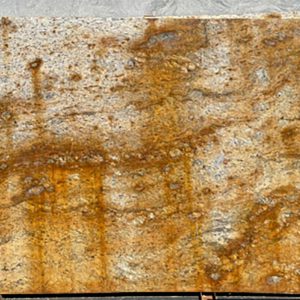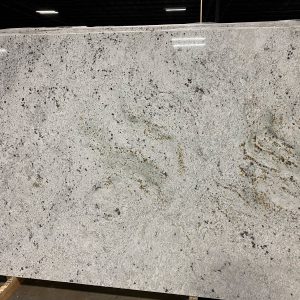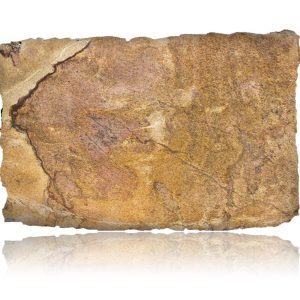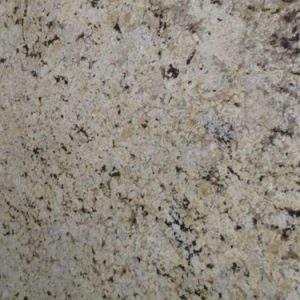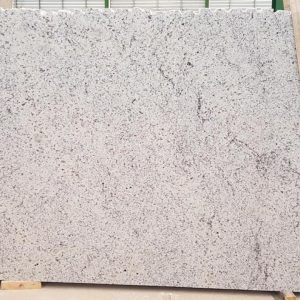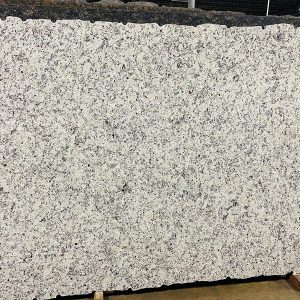Quartz vs. Granite: Which Is Better for Your Home?
Durability: A Tough Call
When it comes to durability, both quartz and granite are strong contenders, but they have different strengths.
- Granite: Granite is a natural stone known for its toughness. It’s resistant to heat and scratches, making it a great choice for busy kitchens. However, because it’s a natural material, it has tiny pores that can absorb liquids and cause staining if not sealed properly. Granite is also more likely to chip or crack if something heavy is dropped on it.
- Quartz: Quartz, on the other hand, is an engineered stone made from crushed quartz mixed with resin. This gives it a non-porous surface that resists stains without needing to be sealed. It’s also slightly more flexible than granite, making it less prone to chipping. According to the National Kitchen and Bath Association (NKBA), quartz is more resistant to scratches and stains than granite, making it a popular choice for families. UV exposure is an issue as this material will discolor with excessive exposure, this is why quartz is not recommended for outside applications. Heat and chemicals exposure – the quartz parts are not the issue. This issue is the polymer that adheres the quartz together. Extended exposure to harsh chemicals or excessive heat will affect the polymer and can change the appearance of the quartz countertops.
Verdict: If you want a countertop that’s practically maintenance-free and extremely durable, quartz edges out granite. But if you’re set on a natural stone and don’t mind a bit of upkeep, granite is still a solid option.
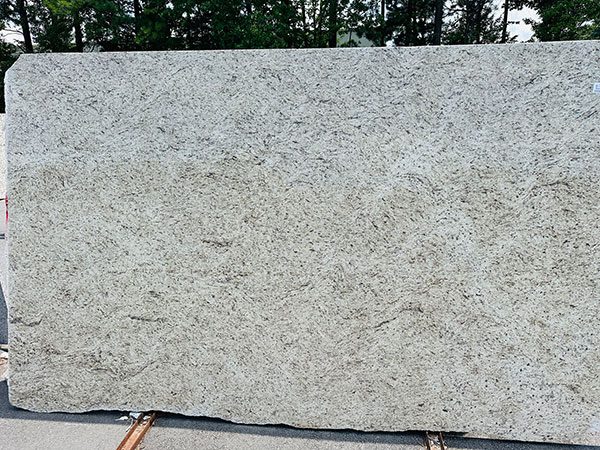
Aesthetic Appeal: Natural vs. Engineered
- Granite: Granite offers the timeless beauty of natural stone, with each slab being one-of-a-kind. This uniqueness is one of its biggest selling points. No two pieces of granite are exactly alike, which means your countertop will be truly unique. The downside? The color and pattern options are more limited compared to quartz.
- Quartz: Quartz countertops, being engineered, offer a much wider range of colors and patterns. Whether you’re looking for something that mimics natural stone or a bold, modern design, quartz has you covered. This consistency in color and pattern can be a plus if you’re looking for a more uniform look across your countertops.
Verdict: If you love the idea of a one-of-a-kind, natural look, granite is the way to go. But if you want more control over the color and pattern, quartz offers more options.
Maintenance: Low-Maintenance vs. No-Maintenance
- Granite: Granite requires a bit of maintenance to keep it looking its best. Because it’s porous, it needs to be sealed regularly—typically once a year—to prevent stains. Cleaning is straightforward, but you do need to be mindful of acidic or harsh cleaners, which can damage the sealant over time.
- Quartz: Quartz is the king of low-maintenance countertops. Since it’s non-porous, it doesn’t need to be sealed, and it’s highly resistant to stains and bacteria. You can clean it with mild soap and water, and it will look as good as new.
Verdict: If you prefer a countertop that you can install and forget about, quartz is the better choice. But if you don’t mind a little maintenance, granite can be a rewarding option.
Environmental Impact: Natural Stone vs. Engineered Stone
- Granite: As a natural stone, granite is quarried from the earth, which has environmental implications. The mining process can be resource-intensive, and because granite is often imported, there’s a carbon footprint associated with transportation.
- Quartz: Quartz countertops are made from natural quartz, but they’re engineered with resins and other materials. Some brands of quartz are made using recycled materials, which can reduce the environmental impact. However, the manufacturing process for quartz does involve energy-intensive processes.
Verdict: Both materials have environmental impacts, but if sustainability is a key concern, you might want to explore quartz options that use recycled content.
Cost: Initial Investment and Long-Term Value
- Granite: The cost of granite can vary widely depending on the type, with prices generally ranging from $40 to $200 per square foot installed. The uniqueness of each slab can sometimes drive up the cost. While granite can last a lifetime, the need for regular sealing can add to the long-term cost.
- Quartz: Quartz typically costs between $50 and $150 per square foot installed, making it comparable to granite. However, because it doesn’t require sealing and is less likely to need repairs, the long-term cost can be lower than granite.
Verdict: If you’re looking for a long-term investment that requires minimal upkeep, quartz may offer better value. But if you’re drawn to the beauty of natural stone and are okay with a little maintenance, granite is a worthy investment.
The Colonial Granite Perspective
At Colonial Granite of Richmond, we believe both granite and quartz have their unique strengths. Granite offers the timeless appeal of natural stone with a unique, one-of-a-kind look. Quartz, on the other hand, gives you versatility, ease of maintenance, and long-term durability. The choice ultimately comes down to your personal preferences, lifestyle, and how much maintenance you’re willing to take on.
Whichever you choose, our team at Colonial Granite is here to help you find the perfect countertop for your home. Whether you’re drawn to the natural beauty of granite or the modern versatility of quartz, we have the expertise and selection to make your vision a reality.




